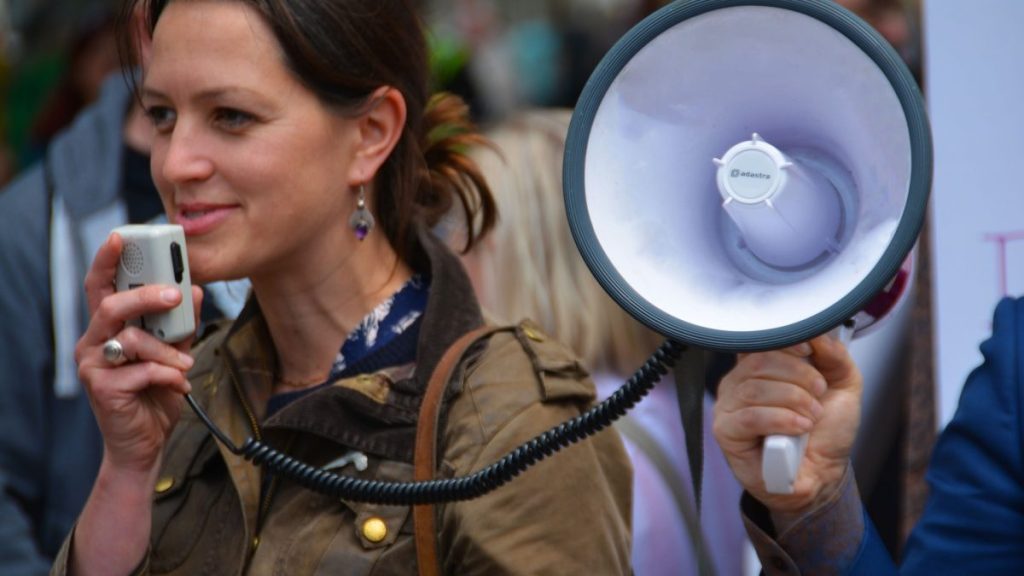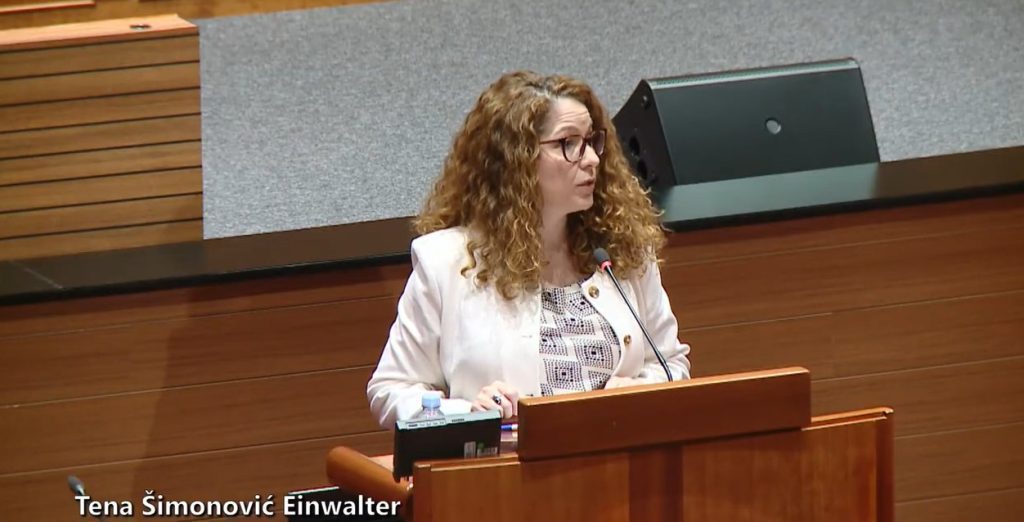World Press Freedom Day is observed on May 3rd with the goal of promoting the principles of press freedom and free, independent journalism as one of the foundations of every democratic society. Through freedom of expression—which includes freedom of the press and other forms of public communication—these values are also protected by the Constitution of the Republic of Croatia, and journalists are guaranteed freedom of reporting and access to information.
With the aim of strengthening media freedom and pluralism in the EU, as well as ensuring better protection against politicization and lack of transparency in media ownership, it is encouraging that the Media Freedom Act (MFA) will come into force in August this year. This act will establish rules to protect media independence from economic, political, and private influence.
Further reinforcement of journalist and media independence is expected from the Directive on protecting journalists and others involved in public participation from SLAPP lawsuits, which was adopted in March 2024. EU Member States are required to transpose this directive into their national legal systems by May of next year.
In recent years, SLAPP lawsuits—Strategic Lawsuits Against Public Participation—have posed a serious challenge to media independence and even the survival of certain media outlets, as they are aimed at financially draining and intimidating journalists and publishers into self-censorship. The purpose of the Directive is to protect all individuals engaged in public interest matters from legal proceedings intended to deter them from such activity. In addition to journalists, publishers, and media organizations, the protection also extends to whistleblowers, trade unions, civil society organizations, researchers, academics, artists, and human rights defenders.
Although the most recent amendments to the Criminal Code from March 2024 introduced a criminal offense for the unauthorized disclosure of the content of investigative and evidentiary actions—punishable by imprisonment—it is a positive development that the final version of the law excluded criminal liability for persons performing journalistic work, whether as perpetrators, accomplices, and/or instigators of such acts. This was one of the proposals made by the Ombudswoman. However, journalists still fear that such legal provisions could have a chilling effect on investigative journalism and its sources, which may ultimately limit the public’s right to information of public interest.
When it comes to protecting journalists in the course of their work, it is important to ensure consistent application of legal protection mechanisms. For instance, in one case, a court sentenced an attacker to prison for assaulting a female journalist while she was working. However, in another case of a physical assault on a female journalist, the court did not find it to be a criminal offense—instead, both the perpetrator and the victim received misdemeanor penalties and a mutual restraining order prohibiting contact or proximity within 50 meters.
To effectively identify criminal offenses committed against journalists while performing their professional duties, the Ministry of the Interior, Croatian Journalists’ Association, and Croatian Journalists’ Trade Union signed a Cooperation Agreement in September 2023, along with two supporting protocols:
- Protocol on the conduct of police, journalists, and other media workers at public gatherings of public interest
- Protocol on police conduct when learning about a criminal offense committed against a journalist or other media worker while performing their work tasks
These measures aim to contribute to improved safety for journalists in their line of work.
For this reason, the Ombudswoman also recommended that the Judicial Academy develop and implement training on criminal offenses committed against journalists and other media professionals in the performance of their duties.
You can learn more about this topic in the 2024 Annual Report of the Ombudswoman.




